Families are traveling smarter, staying longer, and expecting more personalized experiences than ever. As technology rapidly evolves, future family travel won’t just be about booking bigger spaces or choosing kid-friendly amenities — it will be about staying in homes that adapt, predict, and respond to your children’s unique needs. Imagine stepping into a vacation home where everything—from the lighting and entertainment to meals and activity suggestions—is personalized for your child as if the home already knew them.
This shift is no longer science fiction. With advancements in AI, smart-home integrations, and child-focused travel tech, the next generation of lodging is already taking shape. In this blog, we’ll explore 11 ways future family travel homes will learn, understand, and personalize stays around your kids’ preferences.
1. Smart Profiles That Adjust to Each Child
In the world of future family travel, each child may have a digital “preference profile.” This includes favorite snacks, allergies, bedtime routines, preferred room temperature, and even entertainment interests. When a family arrives, the home automatically adjusts—lights dim at bedtime, favorite cartoons appear on the TV, and the fridge is stocked with kid-approved options.

Companies like Amazon and Google are already working on adaptive profiles for multi-user homes. Learn more about personalized AI experiences here:
https://www.amazon.science/latest-news/re-inventing-the-smart-home
2. AI-Generated Itineraries for Every Age Group
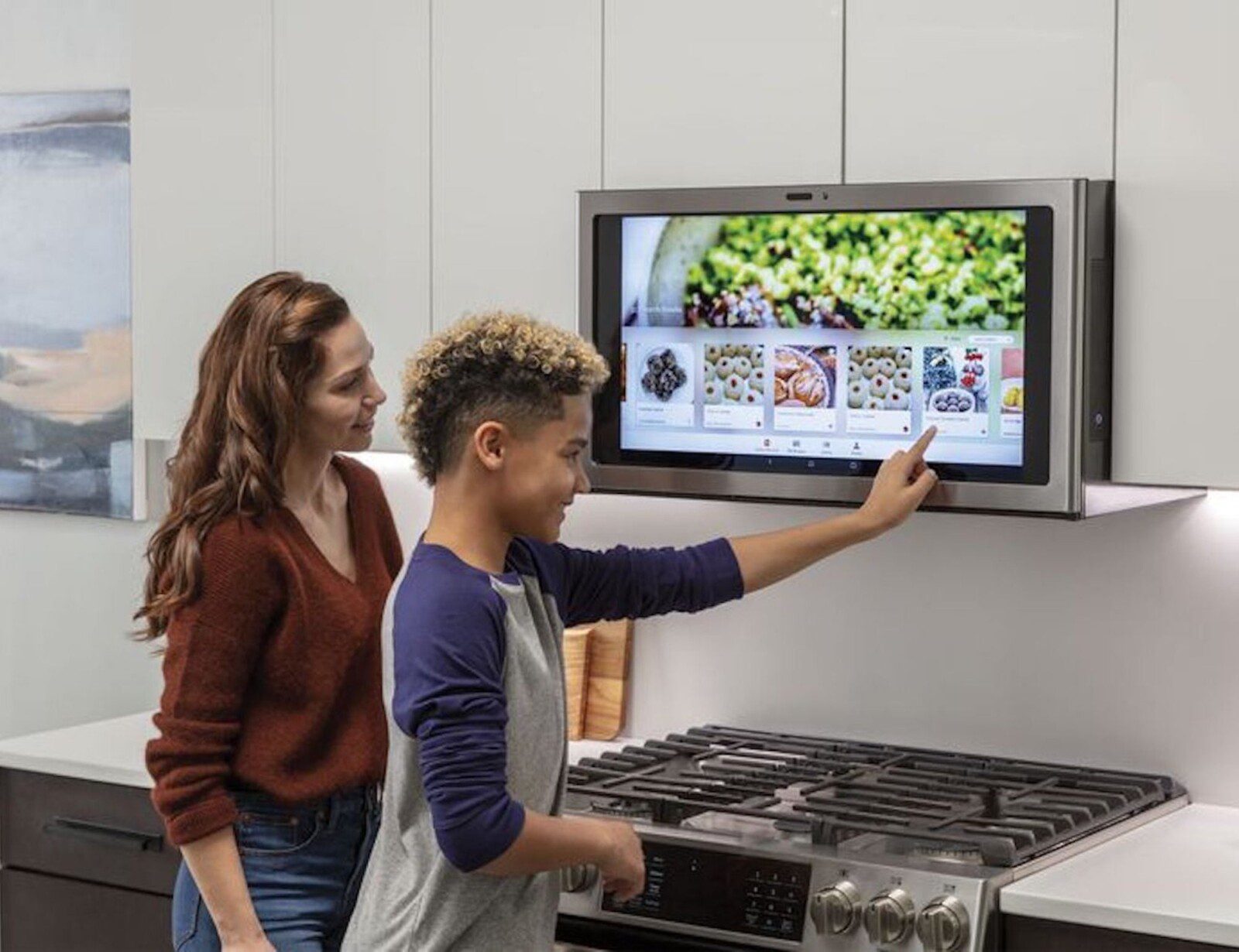
Planning for kids of various ages can be stressful, but future family travel properties will handle this for you. AI-driven itinerary builders will recommend personalized day plans: playgrounds for toddlers, STEM museums for curious tweens, and adrenaline-packed activities for teens.
External travel planning tools like Visit A City are early examples of AI-assisted trip planning:
https://visitacity.com
3. Adaptive Learning Playrooms
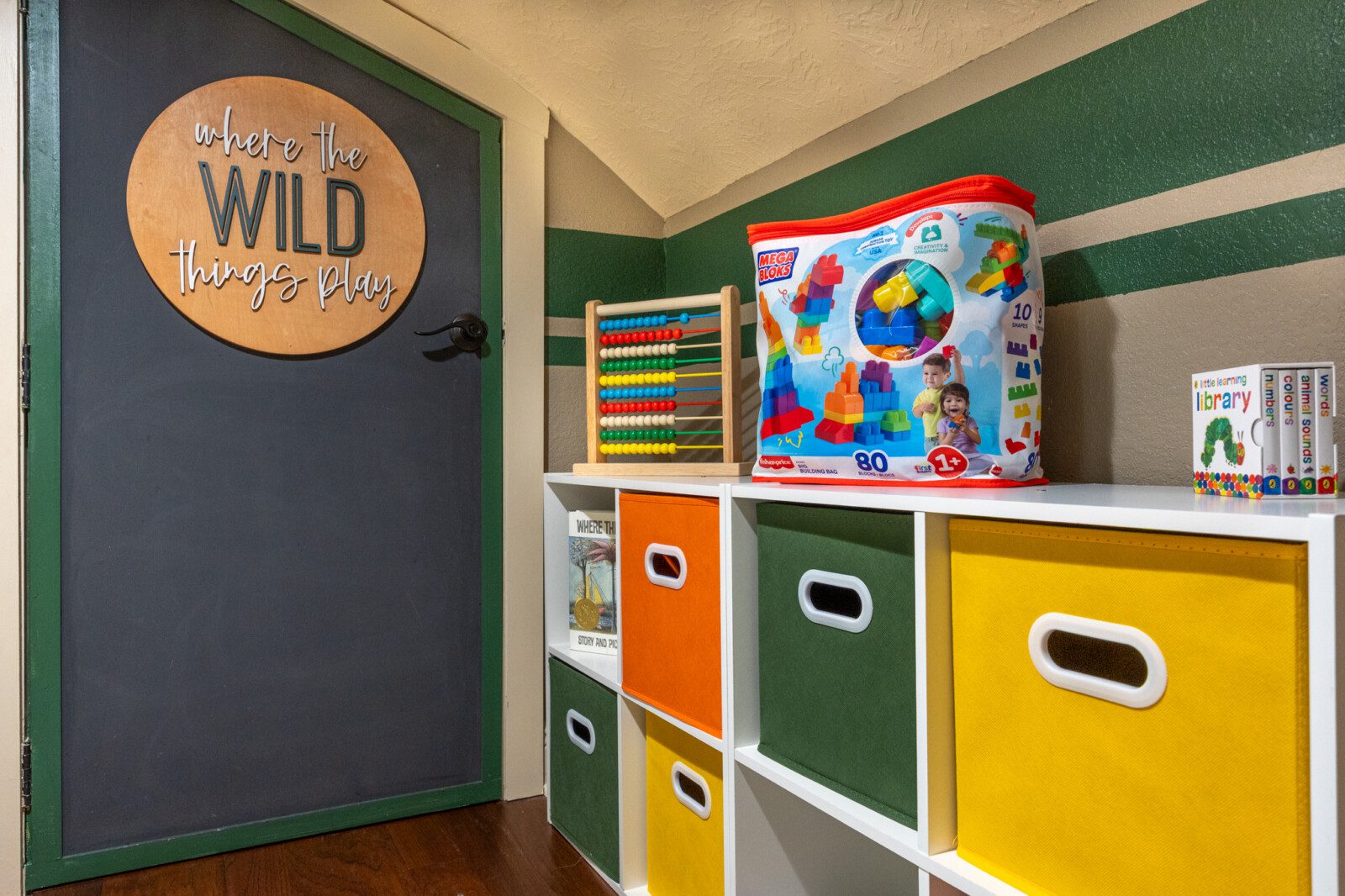
Imagine a playroom that changes depending on your children’s interests. In future family travel, smart sensors may track the types of toys your kids engage with — building blocks, arts and crafts, puzzles — and rearrange or recommend new activities accordingly. Digital projectors may shift the environment into space, underwater, or dinosaur themes to match their curiosity.
Interactive learning environments like those created by WonderWorks inspire similar concepts:
https://www.wonderworksonline.com
4. Personalized Sleep Environments
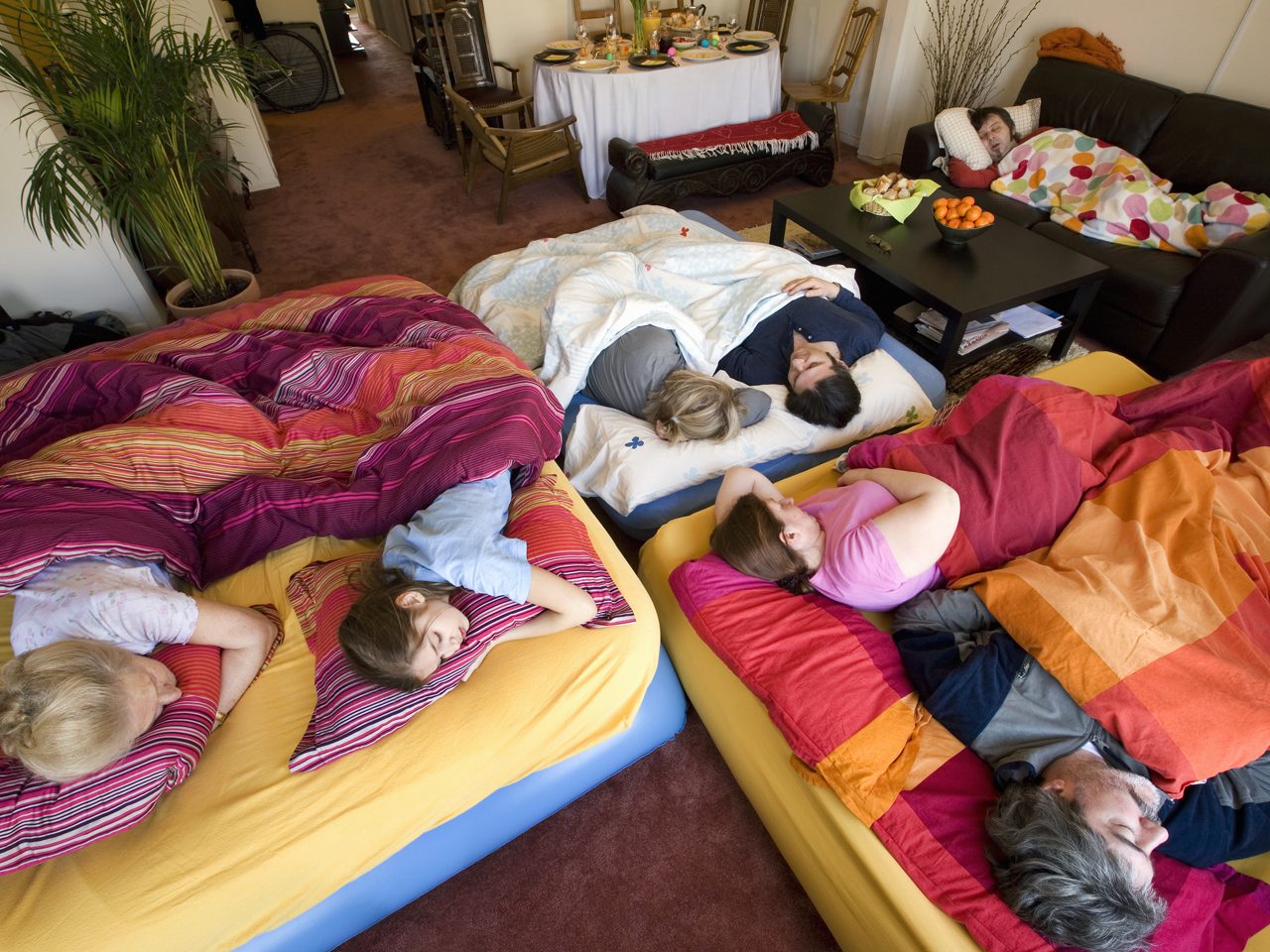
Sleep can make or break a family trip. Smart beds may track sleep patterns, adjust firmness for comfort, and even play white noise automatically for restless toddlers. This level of customization makes future family travel smoother, helping parents and kids rest well.
Learn about sleep tech advancements from Sleep Foundation:
https://www.sleepfoundation.org
5. Allergen-Aware Kitchens
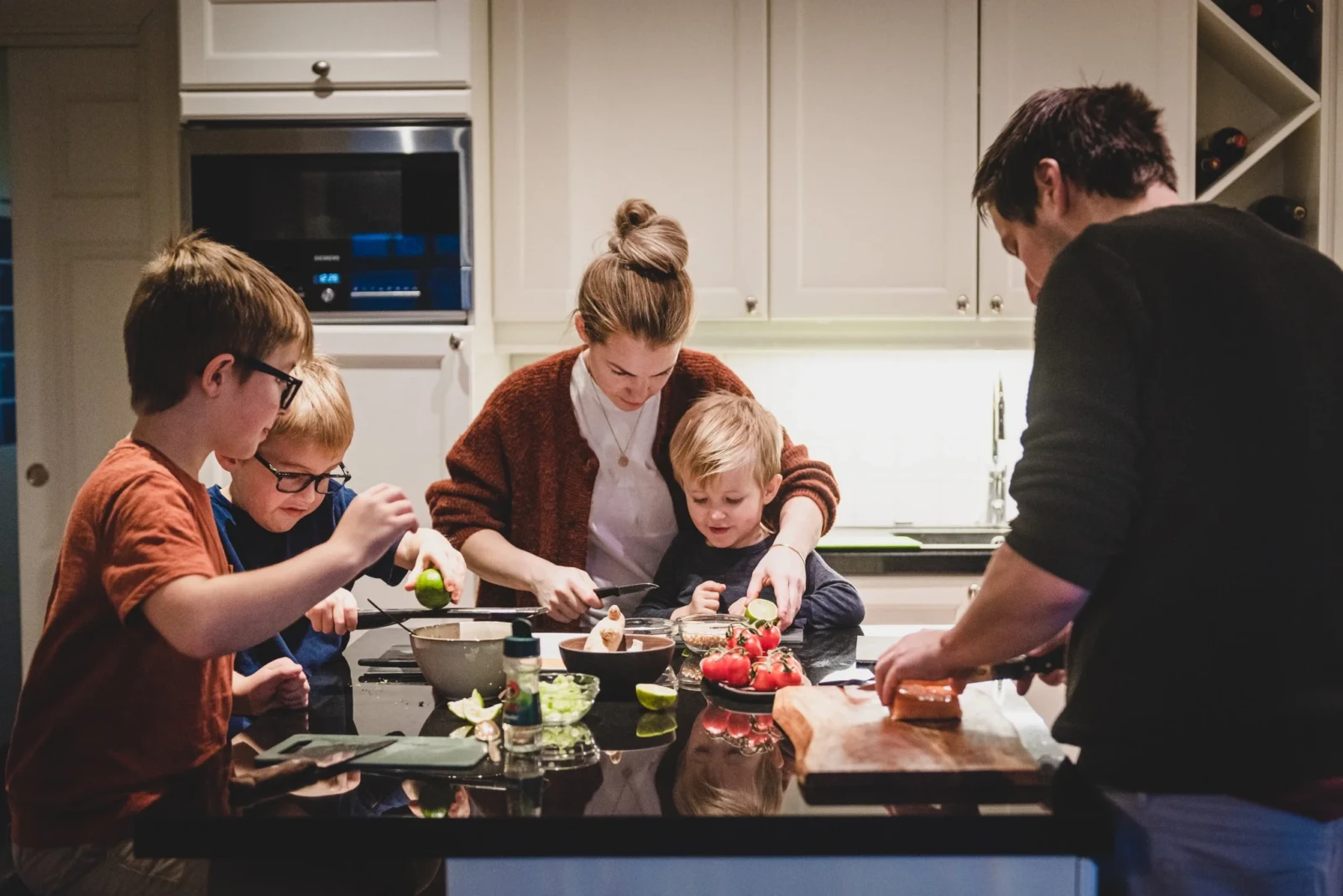
Food allergies are a major concern for traveling families. In future family travel, smart kitchens will scan your grocery list or meal requests and alert you if an ingredient may cause an allergy conflict. Some may even recommend alternative recipes based on the child’s dietary needs.
AI nutrition innovations are already underway:
https://www.nutrition.org.uk
6. Behavior-Based Entertainment Suggestions

Streaming platforms already predict our movie tastes — imagine that same concept applied to kids in future family travel settings. If your child watches educational videos, the system may queue up learning games. If they prefer adventure films, the room might display themed décor or interactive challenges.
AI entertainment personalization is evolving fast, as seen in Netflix’s recommendation system:
https://research.netflix.com
7. Safety Systems That Learn Your Routine
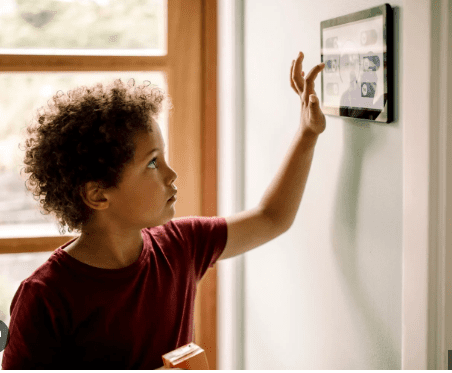
Kid safety is at the forefront of future family travel. Smart homes may soon detect when a toddler enters the kitchen or nears the pool and automatically activate protective features. Over time, the home may learn your family’s routines, such as when you prepare meals or when the kids play outside, and adjust alerts accordingly.
The future of smart home safety is being explored by companies like SafeWise:
https://www.safewise.com
8. Emotion-Responsive Spaces

This may sound futuristic, but emotion-recognizing AI is already in development. In future family travel, sensors may detect when a child is overstimulated or stressed and soften lights, play calming audio, or suggest mindfulness games. For excited children, the home may enhance interactive play modes.
Emotion AI insights:
https://www.weforum.org/agenda/2020/01/emotion-ai-explained/
9. Voice Assistants Trained for Kid Communication

Children interact differently with technology, and in the world of future family travel, voice assistants will be designed to respond gently, explain things simply, and help with activities like reading stories or scheduling breaks. They may also set screen-time limits or encourage educational play.
Companies like Google have expanded AI models to better understand child speech patterns:
https://ai.googleblog.com
10. Homes That Remember Your Family for Future Trips

One of the biggest perks of future family travel will be continuity. When you return to a property (or another home from the same brand), your kids’ profiles, preferences, favorite snacks, and sleep schedules will carry over. No more resetting everything from scratch — your vacation home will feel familiar, comforting, and personalized.
Digital continuity is becoming a trend in travel loyalty programs, as seen in Marriott’s evolving digital personalization efforts:
https://www.marriott.com/loyalty
11. Activity Zones That Adapt as Your Kids Grow
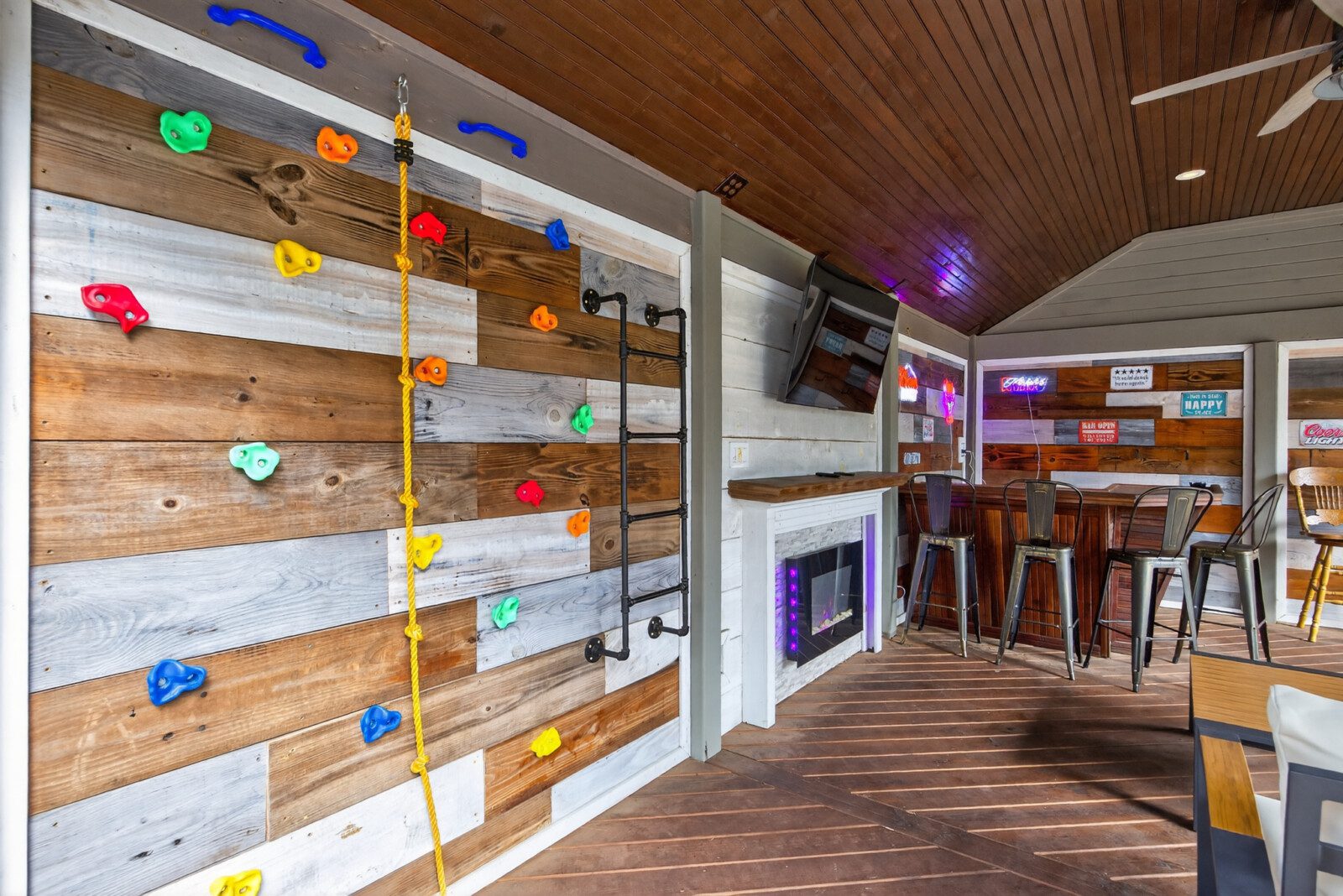
Perhaps the most exciting innovation in future family travel will be flexible homes that evolve with your family over the years. The activity room that used to have sensory toys for your toddler may later be programmed into a homework nook or gaming lounge for your pre-teen. The home “remembers” how your children grow and adjusts accordingly.
Adaptive room design trends are discussed here:
https://www.archdaily.com
Why This Evolution Matters
The world of future family travel is shifting from general convenience to hyper-personalization. Today’s parents want vacations that don’t feel like extra work—and kids want immersive, meaningful experiences tailored just for them.
Artificial intelligence, smart sensors, and personalized profiles come together to create homes that learn, adapt, and elevate the family travel experience. For hosts and property managers, this means designing spaces that are both tech-forward and child-centric. For families, it means easier trips, happier kids, smoother routines, and memories shaped by seamless personalization.
Future family travel isn’t about replacing the magic of exploring new places — it’s about enhancing it with environments that understand your family’s needs before you even arrive.
As these innovations become standard, families will no longer choose vacation homes simply because they are big, clean, or well-located. They will choose them because the home feels uniquely designed for their children, their routines, and their style of adventure.
